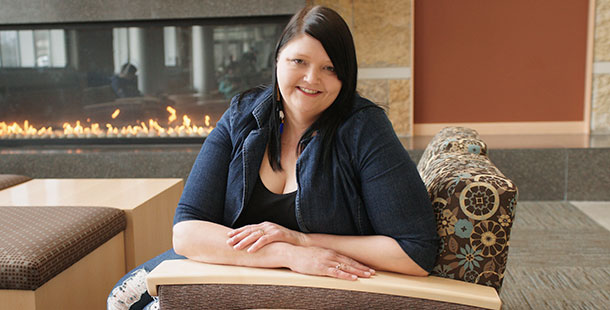Madison is frequently recognized by media outlets such as Reuters and Forbes as one of the nicest places to live in the United States. However, that’s not the experience for all of its residents. Recent studies have indicated that racial disparity between blacks and non-Hispanic whites in Dane County is much higher than the nationwide average.
In its 2013 Race to Equity Report, the Wisconsin Council on Children and Families found the areas in which these disparities are especially extreme are in poverty and criminal justice.
In 2011, 54 percent of blacks in Dane County were living in poverty, which is almost twice the national average of 28 percent. When compared to 9 percent of impoverished whites in the area, African-Americans in Dane County have a poverty rate that is more than five times higher.
The data also showed that in Dane County, 295 out of every 1,000 African-American adults were arrested in 2012, a rate that is more than eight times than that of whites. This disparity is much larger than the statewide black-white arrest ratio of 4 to 1, and the national average of 2.5 to 1.
These statistics may come as a surprise to many Madison residents, but to others this is old news. After witnessing unequal treatment of African-Americans in her Madison community, one Madison College student has decided to take matters into her own hands.
Betsy Pelto is attempting to call attention to this issue, having written a petition to Wisconsin Sen. Tammy Baldwin and President Obama, along with a personal letter addressed to the president.
Pelto, who is looking to begin Madison College’s nursing program in the fall, started her petition to “enact laws in Wisconsin that stop racial disparity” and said she was inspired to take action by her own personal experiences.
On several occasions, she can recall being treated much differently than her boyfriend, who is black. When her boyfriend attempted to return several items of merchandise to a retail store without a receipt, he was denied. However, when Pelto later tried the same thing, she was able to return all of the merchandise.
Another incident occurred when Pelto and her boyfriend were applying for the same job.
“We applied for the same job, and he was more qualified for the position, scored higher on the testing, and I was given the job,” Pelto said.
She and her boyfriend decided to file suit, but were unable to afford an attorney and lost.
“After going through that whole experience, I felt defeated,” she said. “… I felt like if someone doesn’t speak up, and someone doesn’t bring attention to this, it’s just going to worsen.”
As a mother of two, she fears that experiences of this nature will befall her daughters, who are both biracial.
This is the focal point of her letter to President Obama, in which she details their desire for knowledge and will to learn, as well as the racial environment she believes could very well put their futures in question.
What Pelto didn’t expect, however, was for the president to respond.
“He wrote it on April 1, which everyone got a kick out of, and I received it a few days later in the mail,” she said. “I shared the experience with my family, and all the kids in the community I know, so it was really exciting.”
Pelto also received a call of support from Tammy Baldwin’s office in Washington, D.C., and both of these responses have given her much-needed encouragement, as well as a renewed sense of hope in a journey that has had its share of frustration.
So far, it has been a challenge to reach people; despite her activity on social media and in local news outlets, Pelto has had trouble gaining support for her petition.
“What I’ve noticed is it’s not as easy to get signatures as you would think,” she said. “… Because what I’m finding is, people aren’t interested if it doesn’t affect them.”
Pelto does not intend on giving up, however. She is currently halfway to her petition’s goal of 100 signatures, and she believes that if she can connect with the right audience, she will be able to raise awareness of racial inequality in Madison, and eventually influence legislative changes in Wisconsin.
In the meantime, she says, she plans on replying to President Obama’s letter.
“It gave us such a sense of hope, knowing that our president actually opens his mail and reads it,” Pelto said. “… The more people I tell, the more people I educate, it’s going to move us toward change.”
Information on Pelto’s petition can be found at http://www.change.org/petitions/president-obama-tammy-baldwin-enact-laws-in-wisconsin-that-stop-racial-disparity.



























